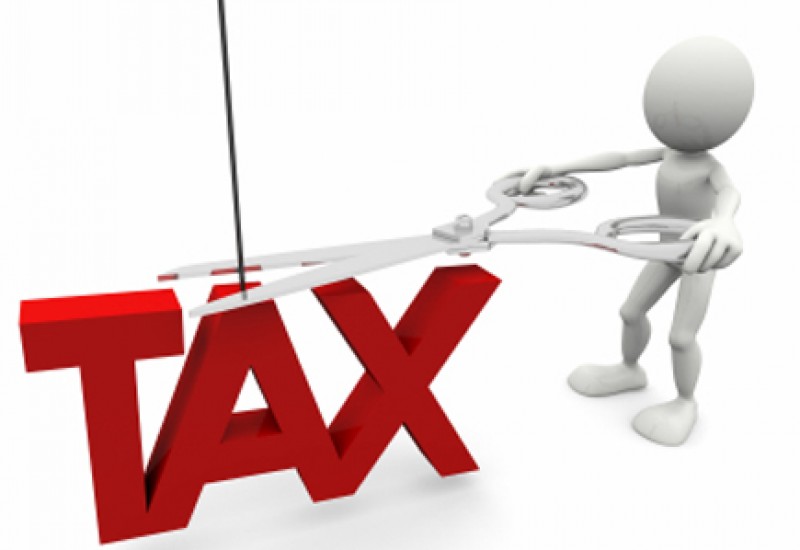
Tax Minimisation
Regardless of any tax benefits that may flow to you from participating in certain investments, from the method in which you invest, or from how you structure the way you receive your income, on a day-to-day basis there are a few fundamental and simple tax reducing steps you need to follow.
Step 1. Check permissible tax deductions
The most fundamental step is to make yourself aware of all the permissible tax deductions that relate to your job. I can give a few examples here - though I wouldn't attempt to nominate and detail all the possible tax deductions that relate to all jobs as they are so varied.
Some deductions are the cost of toys for nannies, black suits (but not shirts) for funeral directors, calculator batteries for draftsmen, safety boots for doctors, the depreciation of television sets and anti-VDU-glare tinted glasses for advertising executives, and self-education expenses for students studying in the same field they are working in.
Special deductions unique to certain industries apply to the following; airline industry and Australian Defence Force personnel, building industry workers, cleaners, employee lawyers, factory workers, hair-dressers, real estate sales employees, shop assistants, teachers and truck drivers.
Information on these industry-specific deductions, as well as on general deductions, is readily available from the Australian Taxation Office (ATO).
You can also find out what work-related expenses you can claim by talking to an accountant, to a representative of your union or industry association, or to someone in your company's accounting or personnel department.
Step 2. Keep good records
Making sure you record all your expenses properly and having adequate proof of incurring them is fundamental to good tax management. In the likelihood of undergoing a desk audit - where you get to meet very inquisitive representatives from the Tax Office face to face - make sure you can verify whatever work-related expenses you have claimed as deductions in your tax returns.
If your records are inadequate and you cannot substantiate your claims, you may have to pay additional tax and a penalty. In more serious cases, you can be prosecuted.
If the total of your claims is $300 or less, you must keep a record of how you worked out each of your claims. If the total of your claims is more than $300, the records you will need are receipts, invoices or similar documentary evidence. Cheque butts are not acceptable.
Whatever you do, make sure you keep your records for five years from the date you lodged your tax return. This is the period stipulated by the Tax Office.
-
 02/02/2024 221
02/02/2024 221 -
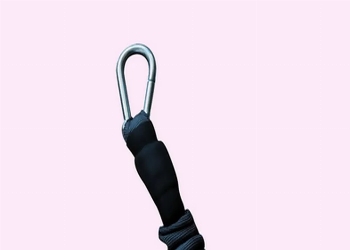 11/17/2023 188
11/17/2023 188 -
 11/16/2023 194
11/16/2023 194 -
 11/16/2023 229
11/16/2023 229 -
 11/16/2023 213
11/16/2023 213 -
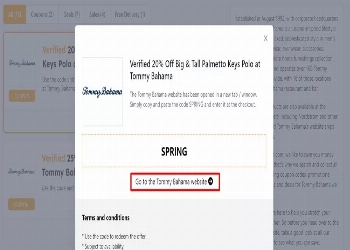 11/07/2023 207
11/07/2023 207 -
 11/06/2023 238
11/06/2023 238 -
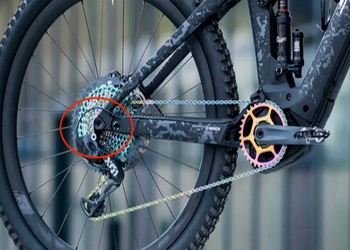 07/10/2023 266
07/10/2023 266
-
 12/08/2016 5652
12/08/2016 5652 -
 03/22/2018 2660
03/22/2018 2660 -
 10/10/2016 2620
10/10/2016 2620 -
 01/09/2017 2509
01/09/2017 2509 -
 01/13/2017 2162
01/13/2017 2162 -
 01/13/2017 2149
01/13/2017 2149 -
 01/14/2017 1988
01/14/2017 1988 -
 11/06/2019 1976
11/06/2019 1976
FEATURED NEWS

Shopping Tips

Misc

Shopping Tips

Personal Finance

Shopping Tips




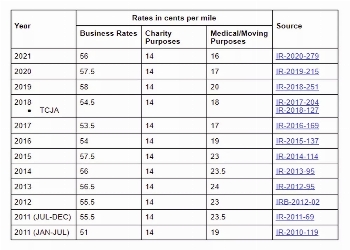
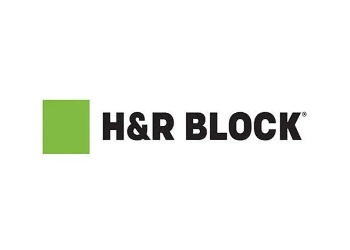
LEAVE A COMMENT